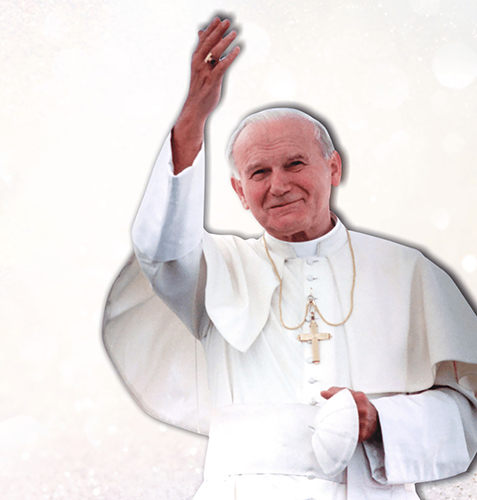
This passage from St. Paul’s Letter to the Ephesians has always seemed to draw a “side eye” look from couples sitting in the pews and for what many see as a very good reason – the thought that wives are to be submissive to a “dominate” husband who is “head of his wife.” Fr. Ron Rolheiser wonders if the growing sensitivity to gender language and the Christian “discipleship of equals” has suddenly rendered invalid and irrelevant the teaching of Ephesians on the sacrament of matrimony?” He goes on to say that it shouldn’t. Why? Because it requires us to read this passage in the context of the overall letter and understand that this phrasing comes from the honest effort of the English translators to break up a long Greek sentence to make for easier reading. In their attempt to break the sentence into smaller units, the translators chose to repeat the verb from verse 21 of “be submissive” or “be subordinate,” causing many readers to be distracted from the fact that this clause is simply beginning to unfold the mandate of mutual subordination that governs the whole passage. Whatever we want to make of the author’s assumptions about the distinctive roles of the spouses in their relationship, the overriding message is that, in the body of Christ, the marital relationship is utterly transformed into the life of mutual subordination demanded of all baptized disciples. In the end, this passage from Ephesians on marriage simply spelled out the teaching of Jesus that his followers are to be characterized by service to one another and the laying down of life for one another. All disciples are called to seek the highest form of love, “agape love,” which is all about loving “other” simply as other – no strings attached. It is the bedrock of mutual love and is at the heart of the two great commandments that all disciples are bound to. While this saying is difficult, the difficulty has to do mainly with not understanding mutual subordination. And that mutual subordination takes its life from the subordination of each person to Christ. Whatever the role expectations of spouses in a particular culture, baptism into the Christian covenant transmutes them absolutely into this mutual unconditional love commitment.









